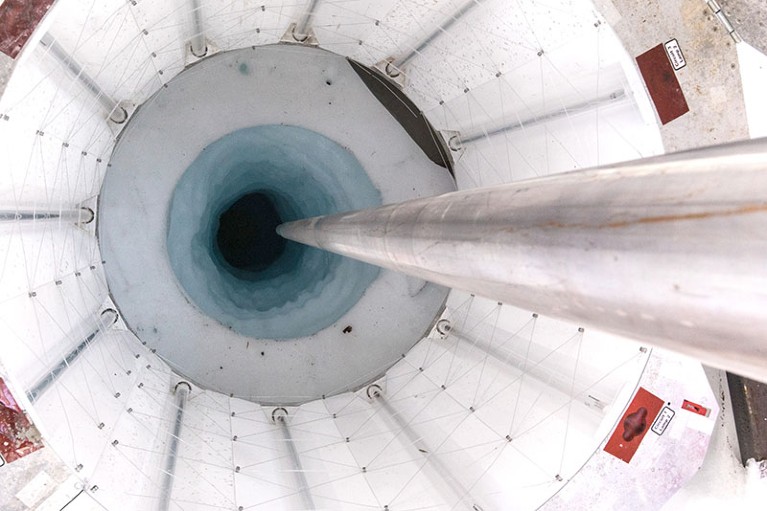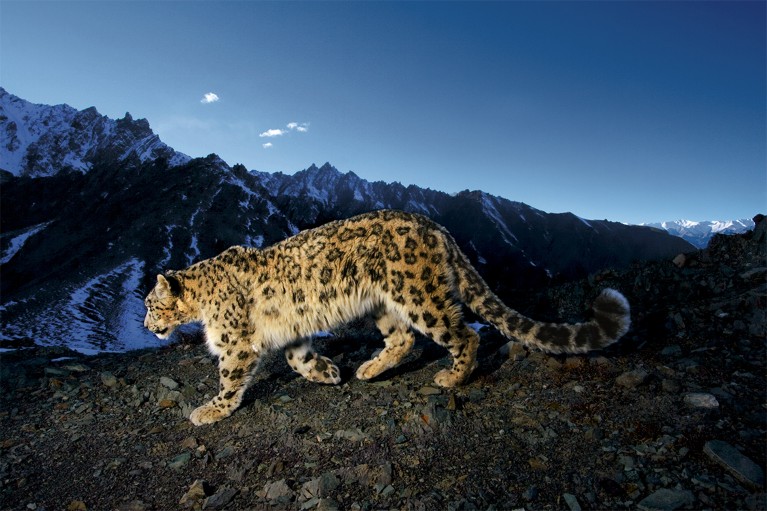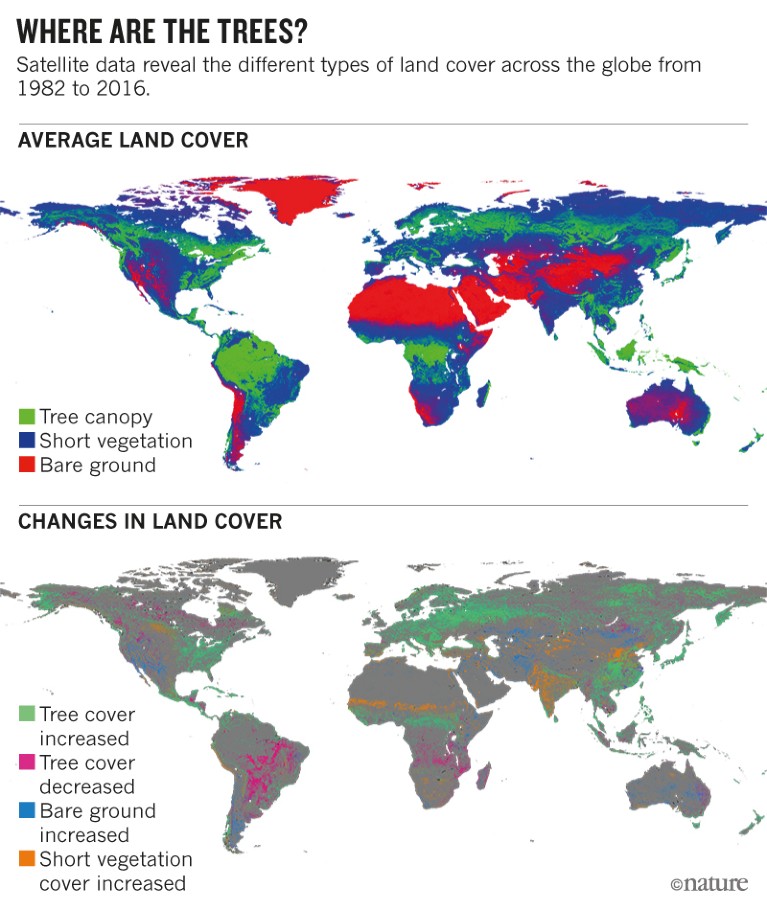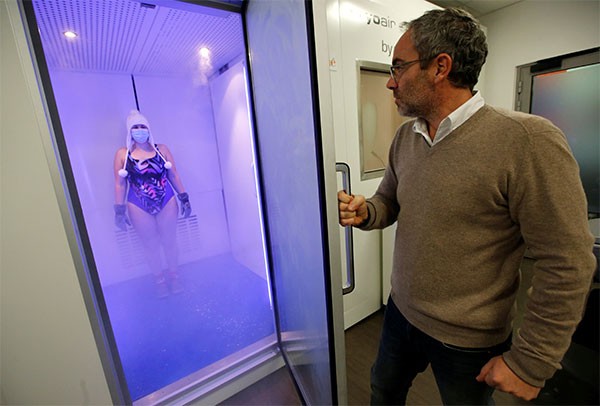Hello Nature readers, this is the news that matters in science today. You can also sign up to get it free in your inbox.

Researchers used a hot-water drill to bore through a kilometre of ice, creating a portal with a diameter of just 60 centimetres.Credit: Billy Collins/SALSA Science Team
EXCLUSIVE: Tiny animal carcasses found in buried Antarctic lake
Ancient crustaceans and a tardigrade have been discovered in a buried Antarctic lake that has just been explored for the first time. Subglacial Lake Mercer had lain undisturbed for thousands of years until researchers succeeded in melting a narrow portal through the ice on 26 December. Scientists thinks that the creatures inhabited the waters of nearby mountains sometime in the past, before the area was smothered in ice, and then were somehow carried into the lake.
Read more: The hunt for life below Antarctic ice
Scientists are preparing for a chaotic no-deal Brexit
British scientists are preparing for the ever more likely scenario that the United Kingdom will crash out of the European Union on 29 March without any trade and migration agreements in place. Vital lab supplies could be in jeopardy as trade tariffs take effect at the border, EU funding would be cut off for UK-based research and uncertainty hangs over the heads of EU-citizen scientists who work in Britain (and vice versa).
How a fever helps us to battle infection
A fever fights infection by helping immune cells to crawl along blood-vessel walls to attack invading microbes. Scientists found that a fever triggers immune cells to produce proteins that protect cells against the heat. The proteins also kick off a reaction that helps T cells migrate to infection sites.
Nature Research Highlights | 4 min read
Get more of Nature’s Research Highlights: short picks from the latest papers.
FEATURES & OPINION
Screen time boogeyman disappears in the light
A huge analysis of the data on digital-technology use and adolescent well-being found a statistically significant negative association between the two. But the effects explained at most 0.4% of the variation in well-being — smaller than the negative association of wearing glasses. The digital revolution is without doubt changing modern life, argues a Nature editorial, and we need more and better data to work out what impact that is having.
Mystery DNA might help during hungry times
In this week’s podcast, we explore how stretches of non-coding DNA, called introns, in genes could have an important function: helping cells to survive starvation. Also in the podcast this week, we hear how scientists are using a robot to simulate the gait of a creature that lived before the dinosaurs.
Nature Podcast | 23 min listen
Subscribe to the Nature Podcast on iTunes or Google Podcasts.or Google Podcasts.
BOOKS & ARTS

Snow leopards in the high Asian mountains have been aided by the creation of national parks.Credit: Steve Winter/National Geographic Creative
Saving snow leopards in a war zone
In a new book, conservationist Alex Dehgan shares the trials, triumphs and occasional absurdity of building a conservation programme in extreme circumstances — including, on a few occasions, staring down the barrel of an AK-47 rifle.
FIVE BEST SCIENCE BOOKS THIS WEEK
Barbara Kiser’s pick of the top five science books to read this weekincludes the paradox of human nature, our obsession with the skies, and the realities of transplant surgery.
INFOGRAPHIC OF THE WEEK

Source: X.-P. Song et al. Nature 560, 639–643 (2018).
SCIENTIFIC LIFE
Make the most of your ‘20% time’
Inspired by a Google initiative, data-driven business-development postdoc Carsten Lund Pedersen decided to put aside 20% of his time for personal passion projects on a regular basis. He explains how he carves out the time for curiosity-driven exploration.
IMAGE OF THE WEEK

A patient attends a session in a cryotherapy cabin under the supervision of a physiotherapist in Marseille, France.
